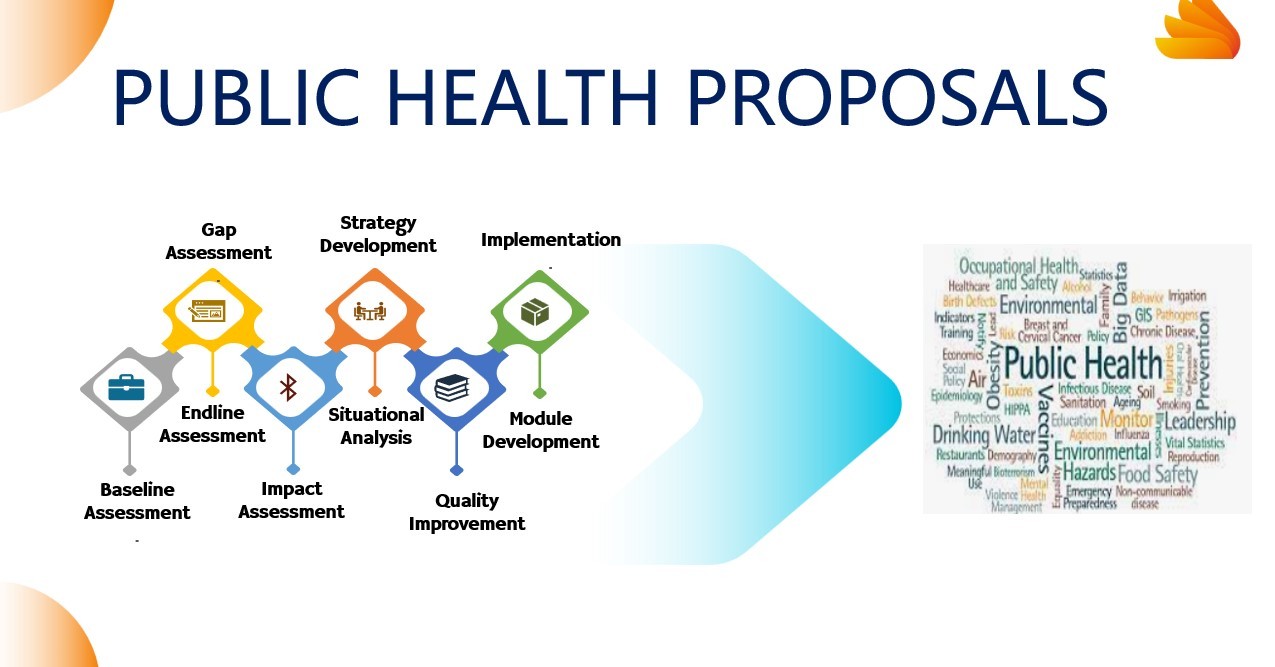Navigating the Sugar Maze: Tips for Reducing Sugar Intake
Understanding the Sugar Conundrum
In today’s world, sugar seems to lurk around every corner. From sugary drinks to processed snacks, it can be challenging to escape its grasp. However, excessive sugar consumption can lead to a host of health issues, including weight gain, tooth decay, and an increased risk of chronic diseases like diabetes and heart disease. Fortunately, there are steps you can take to reduce your sugar intake and improve your overall health.
Read Labels Carefully
One of the first steps in reducing your sugar intake is to become a label detective. Many packaged foods contain hidden sugars under names like high fructose corn syrup, cane sugar, and dextrose. By carefully reading labels and choosing products with lower sugar content, you can significantly reduce your overall intake without sacrificing taste or satisfaction.
Limit Sugary Drinks
One of the biggest culprits of excessive sugar consumption is sugary drinks like soda, fruit juice, and sweetened tea and coffee. These beverages are often loaded with empty calories and can quickly send your sugar intake skyrocketing. Instead, opt for water, herbal tea, or sparkling water flavored with fresh fruit to quench your thirst without


















.tmb-1200v.jpg?Culture=en&sfvrsn=add44264_6&w=1200&resize=1200,0&ssl=1)
.tmb-1200v.jpg?Culture=en&sfvrsn=add44264_6)